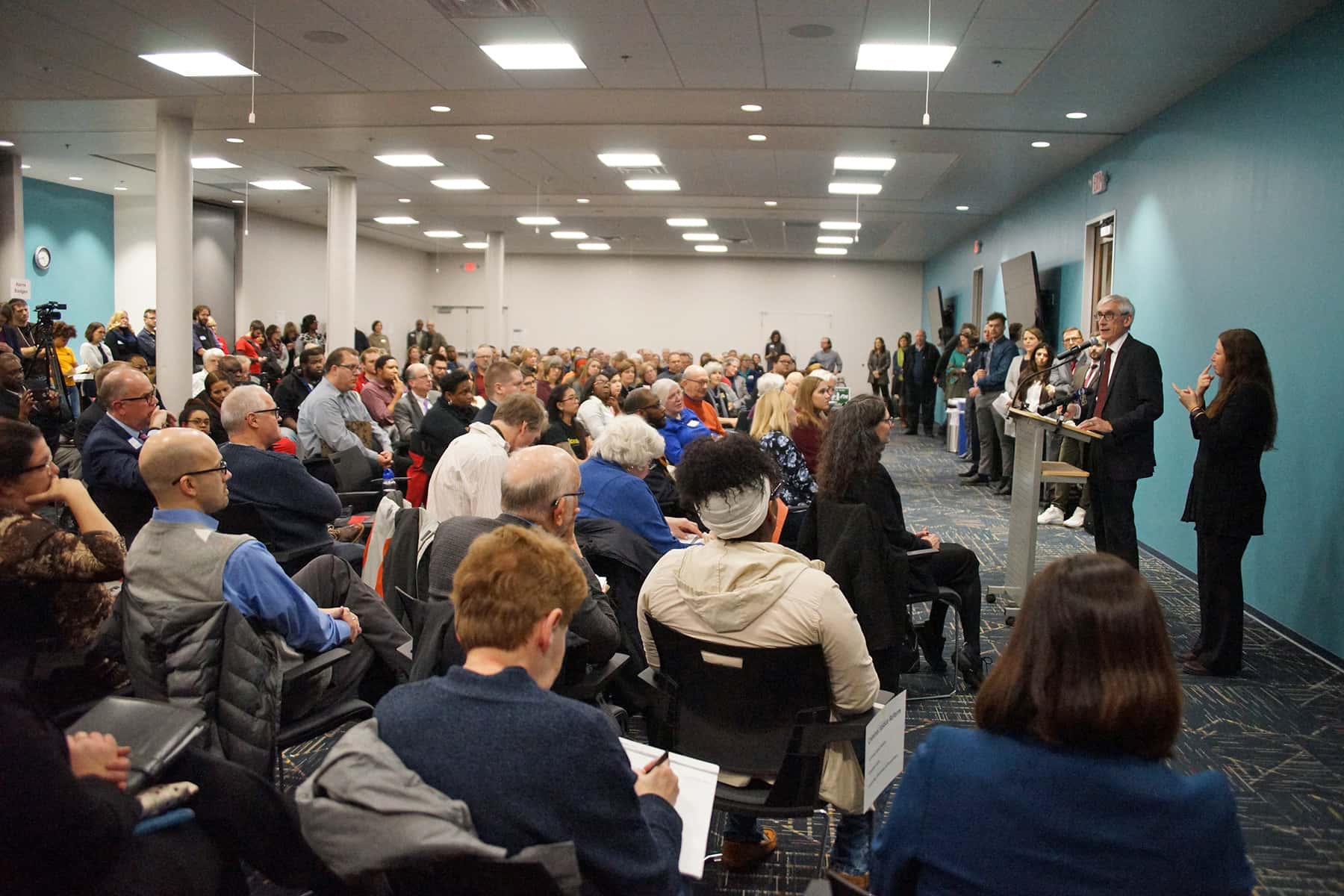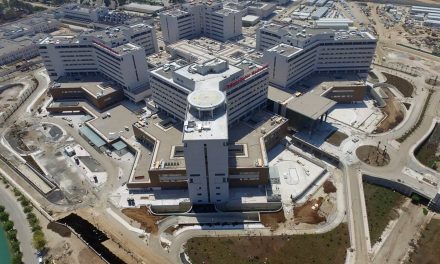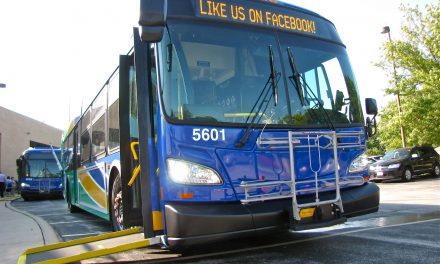
April 15th is the annual deadline for most people to file their income taxes. The day comes with many negative messages about taxes. But it is worth remembering that to build broad-based prosperity, it requires investing in what works and Wisconsin cannot do that without the revenue from taxes.
The budget proposed by Governor Evers is an example of how taxes contribute to broad-based prosperity: by enabling investments in assets that help businesses thrive and hard-working people climb into the middle class. His budget builds on Wisconsin’s tradition of supporting high-quality schools and preschools, affordable higher education, a healthy workforce, and a clean environment.
Taxes and additional revenue make these type of investments possible.
When state lawmakers take a different approach and let the wealthy and powerful corporations get away without paying their fair share in taxes, we undermine our ability to support important services on which Wisconsin businesses and residents rely. The budget proposed by Governor Evers closes two major tax loopholes that have allowed the well-connected to evade taxes: one loophole that singles out certain manufacturing businesses for preferential treatment, and another that taxes income that comes from accumulated wealth at a lower rate than income from working. Reining in these two loopholes would increase tax revenue by $457 million in 2021.
The other major new source of revenue in the Governor’s budget comes from expanding BadgerCare. While this isn’t a tax change, expanding BadgerCare would allow Wisconsin to save state tax money by increasing the share of Wisconsin’s publicly-funded health care costs that are covered by the federal government.
Expanding BadgerCare would also significantly reduce the number of uninsured Wisconsinites and relieve financial hardship for thousands of low-wage workers who have health insurance but are struggling to pay premiums, and often cannot afford the co-pays and deductibles for using their private insurance plans.
These and other tax changes proposed by the Governor make it possible for the budget bill to include a very large income tax cut for middle-income Wisconsinites, while still having the revenue needed to make overdue investments in areas like education, health care and communities.
The proposal by Governor Evers stands in contrast with recent budgets passed by the Wisconsin legislature, which have included a collection of tax breaks that funnel money into the pockets of a few wealthy and well-connected individuals and businesses. These poorly-designed past budgets have shown us the harmful results of choices that have limited opportunities for investments in Wisconsin’s schools, workforce, and transportation networks.
Not only have past tax cuts failed to spur job growth, they have made it harder for Wisconsin to build a strong economy, by reducing the revenue that Wisconsin needs to invest in the fundamentals of economic growth. Tax cuts as a strategy for creating jobs has fallen flat, with the pace of job growth in Wisconsin continuing to lag the national average and the limited gains from that growth not being widely shared.
Too many Wisconsin residents still find it difficult to get ahead or are living in poverty. Making ends meet and climbing out of poverty are particularly challenging for Wisconsinites in rural areas and communities of color.
For Wisconsin’s economy to work for everyone, our state needs to invest in healthy and well-educated workers and communities, public infrastructure, and working families. Our state must also invest in its communities of color and help eradicate systemic barriers to shared prosperity. Our economy, our communities, our schools, and our families will fare better when every person in the state has full access to opportunity.
The tax changes proposed by the governor would restore millions to invest in crucial priorities our communities need, expanding opportunity and enhancing racial equity. Wisconsin has a proud history of investing in excellent schools, good healthcare, a solid transportation network, and other foundations for economic growth.
If we want Wisconsin to build a strong economy, create jobs, and be globally competitive, we need to continue making these investments in the future. Building revenue by limiting tax loopholes is an important first step.
Tamarine Cornelius
Lee Matz
Originally published on wisconsinbudgetproject.org
Help support the Wisconsin Budget Project with a donation. The organization is engaged in analysis and education on state budget and tax issues, particularly those relating to low-income families. It seeks to broaden the debate on budget and tax policy through public education and by encouraging civic engagement on these issues.













